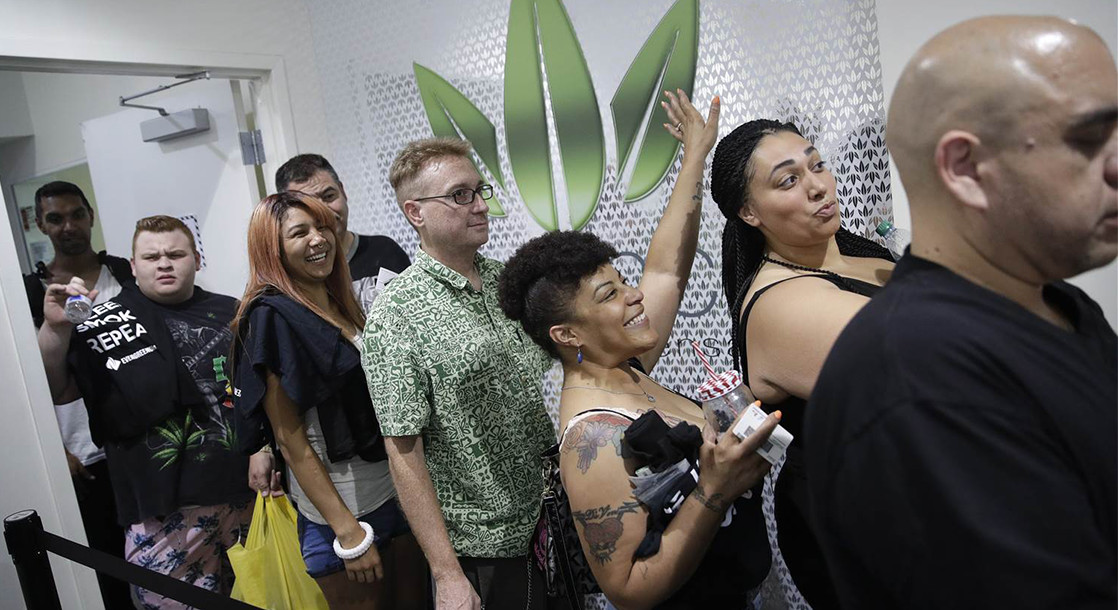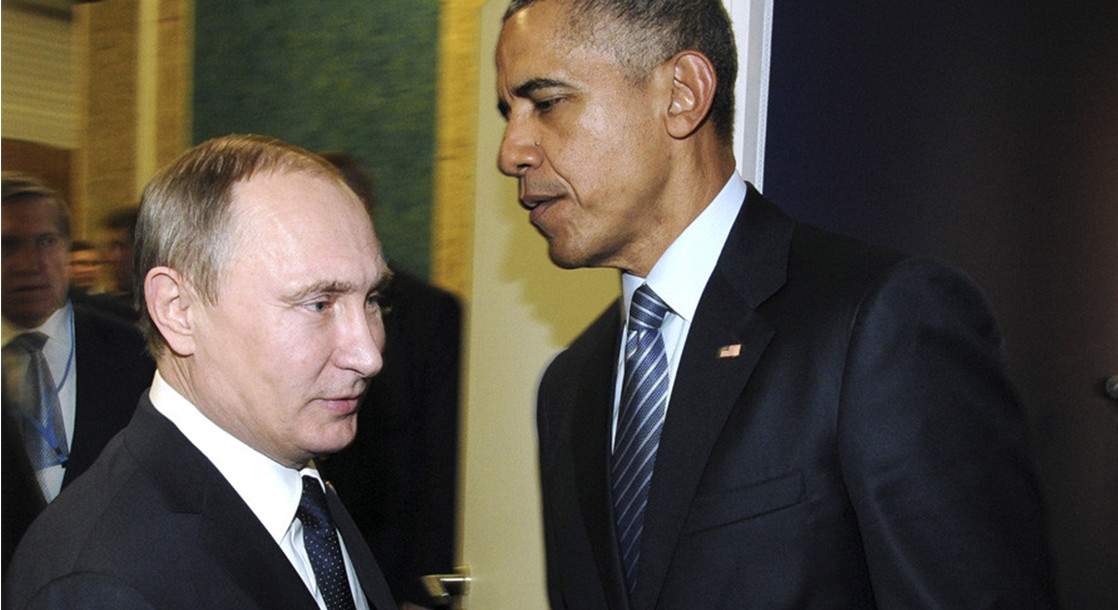After Nevada voted to legalize recreational cannabis back in November, lawmakers moved quickly to draft regulations and get retail sales up and running by July 1st. Although the proposed start date was jeopardized over a lawsuit by local alcohol distributors, which argued that they had exclusive cannabis distribution rights, the state managed to pull through and launch recreational sales this weekend.
Starting at midnight on Friday night, Nevada residents 21 and older were officially allowed to purchase recreational cannabis, and hoards of herb lovers turned out to partake in the historic moment. Despite the triple-digit temperatures, hundreds of customers traveled from nearby states and far away towns to wait in line for hours and make their first legal purchase.
A number of dispensaries used social media to advertise special offerings, with some pot shops offering free cannabis or clothing to the first hundred customers. Others provided free water, live music, valet parking, and more perks to eager cannabis consumers. As show rooms packed with people and ATM's were emptied out, green-colored fireworks were exploded into the desert sky.
Currently, Nevada has licensed 44 existing medical dispensaries to sell retail marijuana, 39 of which are located in the Las Vegas area. With a booming tourism industry that brings in around 42 million visitors every year, nearly two-thirds of Sin City’s tourists are expected to purchase recreational cannabis. In fact, a good portion of yesterday’s crowd was already comprised of out-of-state customers.
For example, on Saturday morning at the Mesquite's Deep Roots Harvest dispensary, over half of the cars parked outside had Utah license plates. Instead of driving back over the border with legally purchased cannabis, a number of visitors from outside the state used the occasion as an excuse to enjoy the weekend in Nevada.
All in all, it seems the push to start recreational sales early was nothing but successful in the Silver State, something places like Massachusetts and California might want to consider as they look at their own regulatory mishaps.











